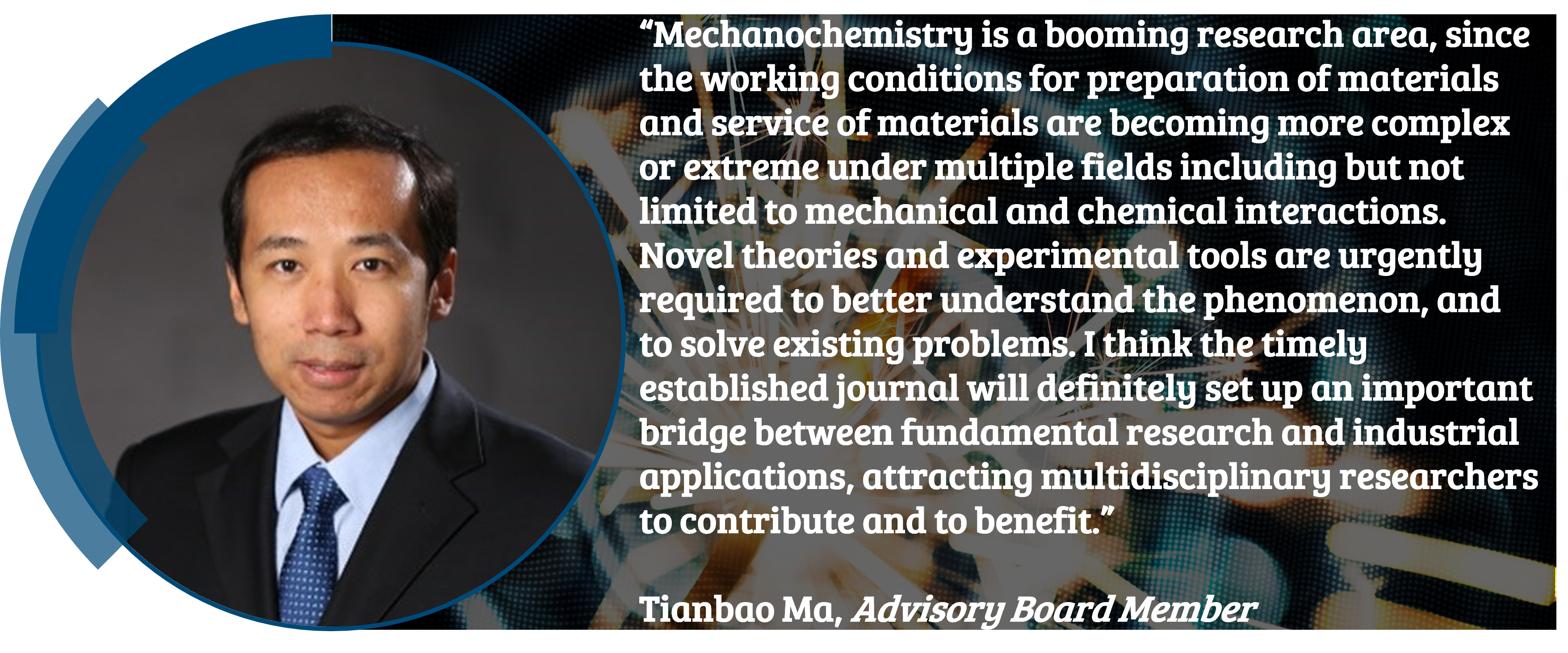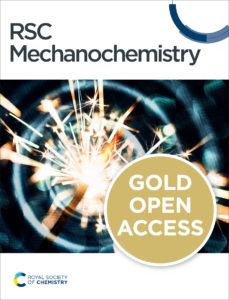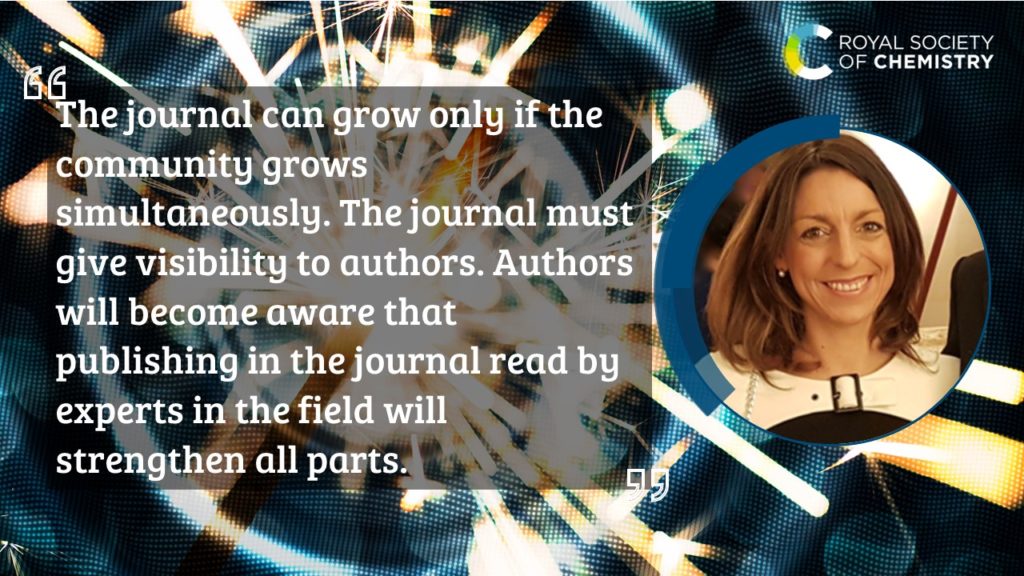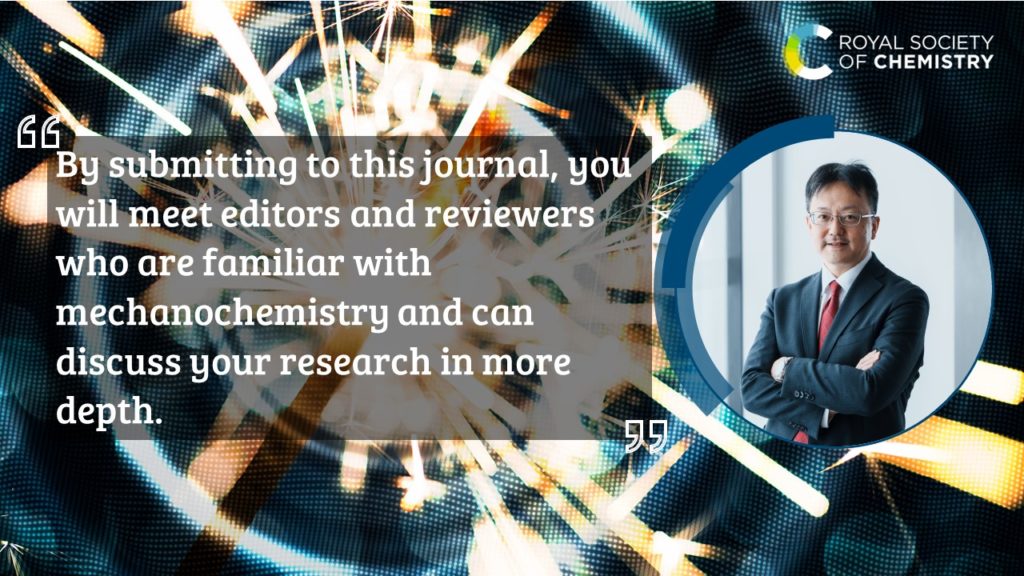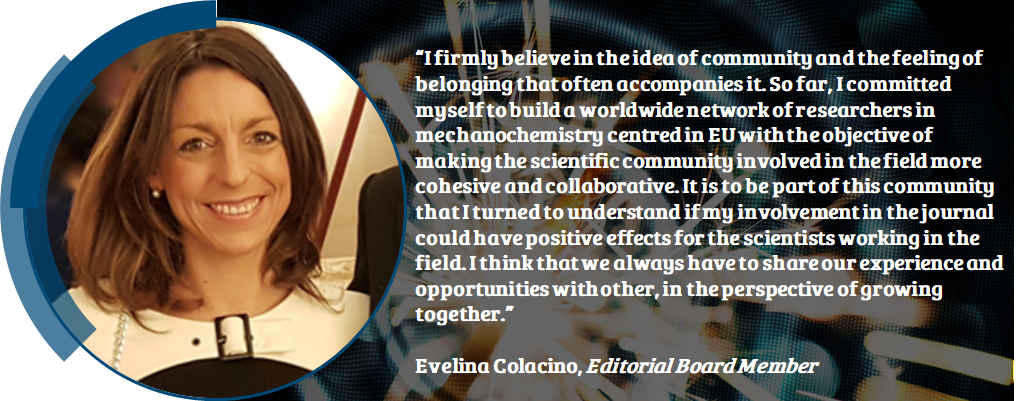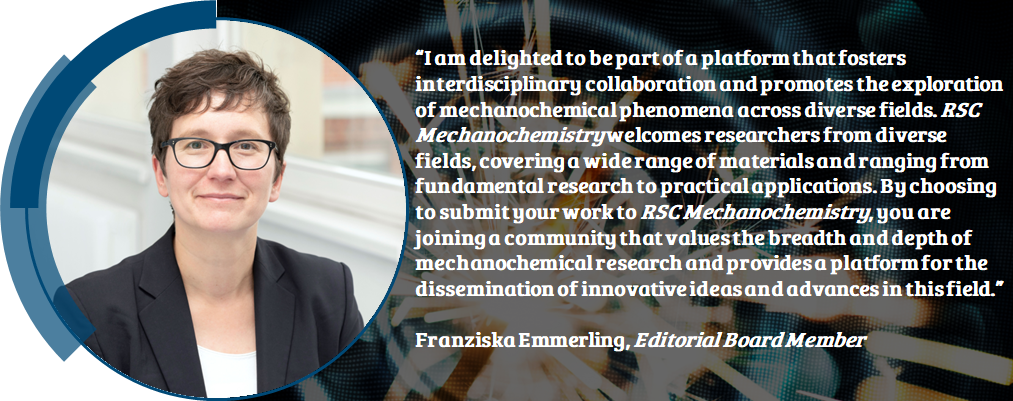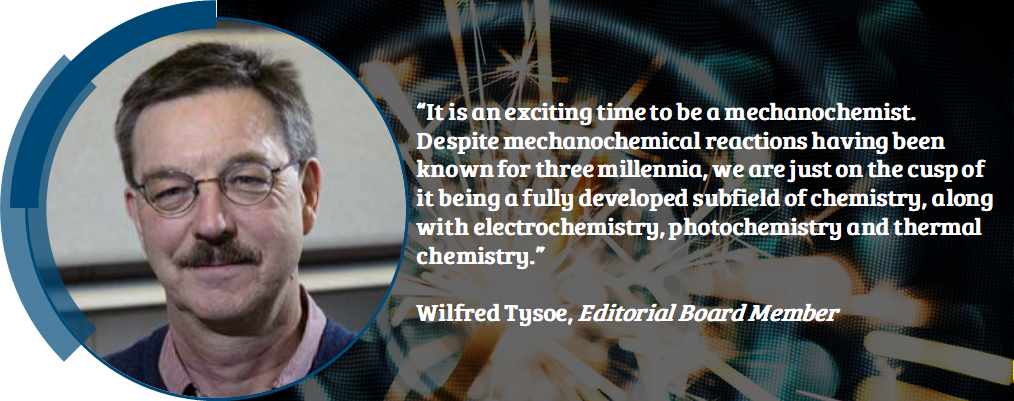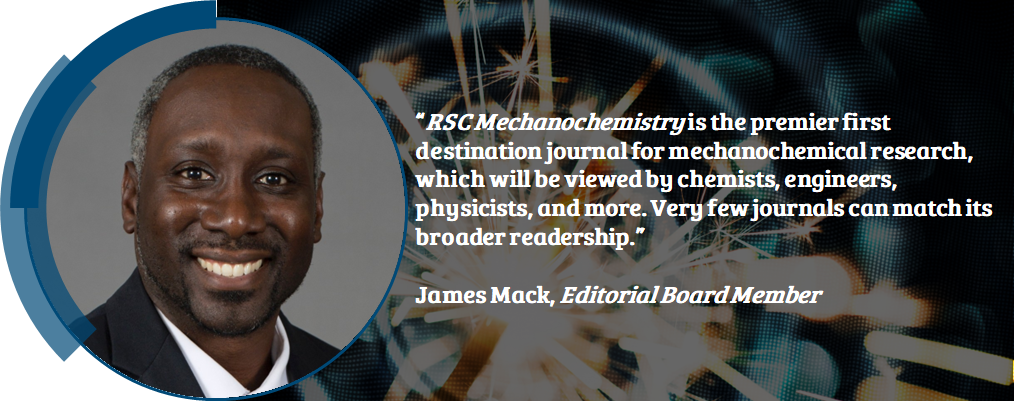RSC Mechanochemistry is delighted to share with you this Editor’s pick collection, selected by Associate Editor Evelina Colacino (University of Montpellier). Our Editor’s pick series showcases exciting research published in the journal, handpicked by our Associate Editors and Editorial Board members. This month we have a selection of recent articles chosen by Evelina Colacino.
 Evelina’s main research activities concern the development of eco-friendly mechanochemical processes for the preparation of value-added compounds for the industry, with a focus on active pharmaceutical ingredients
Evelina’s main research activities concern the development of eco-friendly mechanochemical processes for the preparation of value-added compounds for the industry, with a focus on active pharmaceutical ingredients
‘The selected articles cover a diversity of transformations occurring under mechanical stress, confirming the broad spectrum of its applications in organic/polymer/medicinal chemistry or crystal engineering. This collection demonstrates:
-
Deconstruction of polymers to access oligomeric glycans, as valuable alternative to sugars, diarylacetonitrile radicals were generated for applications in luminescent materials.
-
Preparation of three-component polymorphic systems and a key intermediate of an Active Pharmaceutical ingredient.
-
Implementation of well assessed reactions in solution, such as nucleophilic aromatic substitutions or diazotization, within mechanochemical devices.’
We hope you enjoy reading this collection!
![]()
Check out this selection of articles that feature in Evelina’s Editor’s Pick |
|
 |
A method to predict binary eutectic mixtures for mechanochemical syntheses and cocrystallizationsMichele Prencipe, Paolo P. Mazzeo and Alessia Bacchi RSC Mechanochem., 2025,2, 61-71 DOI: 10.1039/D4MR00080C |
 |
Mechanochemical kilogram-scale synthesis of rac-ibuprofen:nicotinamide co-crystals using a drum millJan-Hendrik Schöbel, Frederik Winkelmann, Joel Bicker and Michael Felderhoff DOI: 10.1039/D4MR00096J |
 |
Direct arylation of gem-difluorostyrenes using in situ mechanochemically generated calcium-based heavy Grignard reagentsXihong Wang, Yamato Fukuzawa, Pan Gao, Julong Jiang, Satoshi Maeda, Koji Kubota and Hajime Ito RSC Mechanochem., 2025,2, 256-262 DOI: 10.1039/D4MR00135D |
 |
Solvent-free mechanochemical synthesis of azo dyesLin Zhang, Qinglang Song, Yanxian Wang, Rui Chen, Yu Xia, Bin Wang, Weiwei Jin, Shaofeng Wu, Ziren Chen, Azhar Iqbal, Chenjiang Liu and Yonghong Zhang DOI: 10.1039/D4MR00053F |
Discover some of Evelina’s research published in RSC journals: |
|
 |
Modulating the crystalline forms of silver–sulfadiazine complexes by mechanochemistryDaniela R. Ferreira, Anaïs Portet, Paula C. Alves, Patrícia Rijo, Clara S. B. Gomes, M. Teresa Duarte, Ivan Halasz, Evelina Colacino, Franziska Emmerling and Vânia André CrystEngComm, 2025, Advance Article DOI: 10.1039/D5CE00572H
|
 |
In situ Raman spectroscopy for comparing ball milling and resonant acoustic mixing in organic mechanosynthesisLeonarda Vugrin, Christos Chatzigiannis, Evelina Colacino and Ivan Halasz RSC Mechanochem., 2025,2, 482-487 DOI: 10.1039/D5MR00016E
|
 |
Chemoselectivity switch by mechanochemistry in the base-catalysed dione-acylationSally Nijem, Alexander Kaushansky, Svetlana Pucovski, Elisa Ivry, Evelina Colacino, Ivan Halasz and Charles E. Diesendruck RSC Mechanochem., 2025,2, 419-425 DOI: 10.1039/D4MR00141A |
Submit to our journal
We welcome you to submit your latest research in mechanochemistry. Article Processing Charges (APCs) are currently waived for RSC Mechanochemistry, so you can publish your article Gold Open Access without any cost to you as the author.
Submit your manuscript |
Read our publications |
Follow us on social media |
For any questions do not hesitate to contact us at RSCMechanochem-RSC@rsc.org
Keep up to date with the latest journal news, collections and more by following us on LinkedIn and BlueSky, or by signing up to our E-Alerts.



